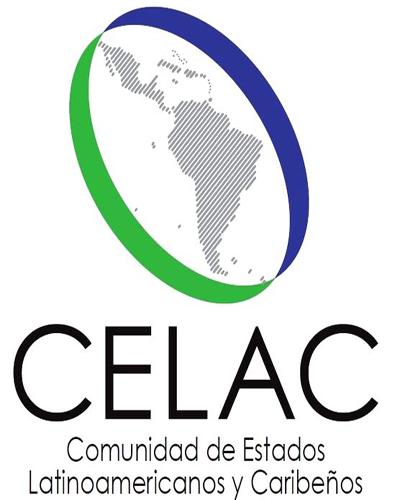New York, October 26 (RHC-Minrex)-- Cuba is proud to belong to the region whose leaders, in an unprecedented act, formally proclaimed it as a Zone of Peace, during the Second Summit of the Community of Latin American and Caribbean States (CELAC) held in Havana, in order to banish the use and threat of the use of force in our region forever, said Cuban representative Yailin Castro Loredo, an official of the Cuban Foreign Ministry during the Thematic Debate on "Disarmament and Security regional ", of the First Committee of the United Nations.
He also recalled that nuclear-weapon-free zones are an effective contribution to the strengthening of regional and world peace and security, to be respected, having been the first Latin American state to have adopted the Treaty of Tlatelolco 50 years ago.
The Cuban representative to the Organization stated that the country is committed to multilateralism as the basic principle of the negotiations on disarmament and arms control, and recognizes the importance of regional and subregional initiatives in this area, taking into account the particular characteristics of each region.
Castro Loredo emphasized that states with greater military capacity have a major responsibility for regional and international security, and that in this context it is essential to ensure respect for regional and subregional decisions, agreements and treaties aimed at achieving peace and security.
The Cuban diplomat considered it unjustifiable to violate the agreement on the holding of the International Conference for the establishment in the Middle East of a zone free of nuclear weapons and other weapons of mass destruction, and stressed that the establishment of the zone would represent a transcendental step for the peace process in the Middle East region.
Cuba is Proud of the Proclamation of Latin America as a Zone of Peace

Matérias relacionadas
Comentários
Deixe um comentário
Todos os campos são requeridosMais vistas
- Seminário internacional sobre migração e direitos humanos na Venezuela
- Ministros das Relações Exteriores ajustam documentos para aprovação pelos presidentes na Cúpula da CELAC
- Cuba denuncia dupla moral dos congressistas da Flórida
- Esporte cubano saúda aniversário da UJC e da OPJM
- As ruas acordam nos EUA

